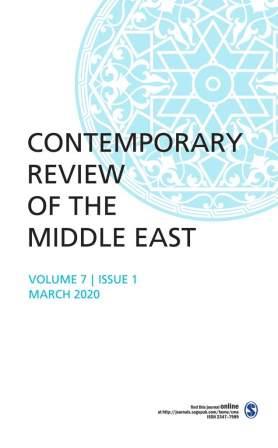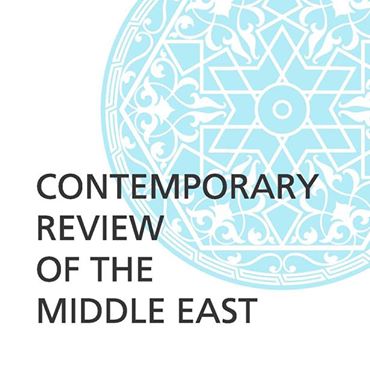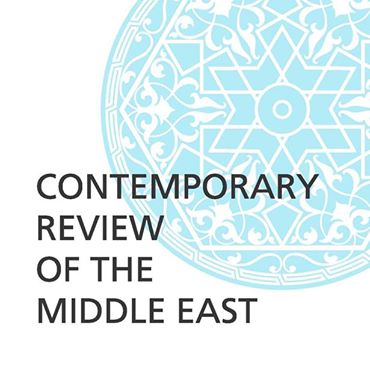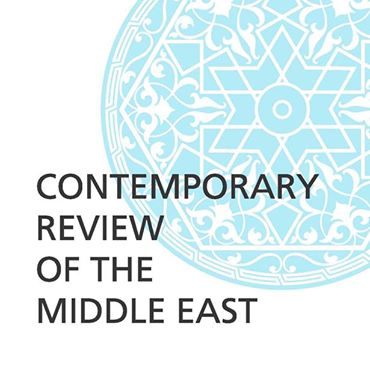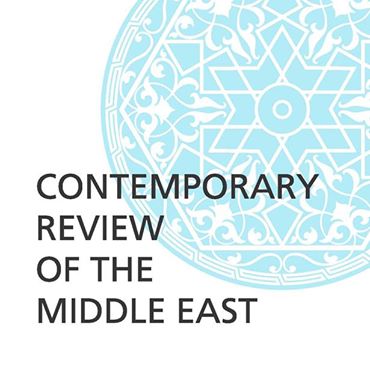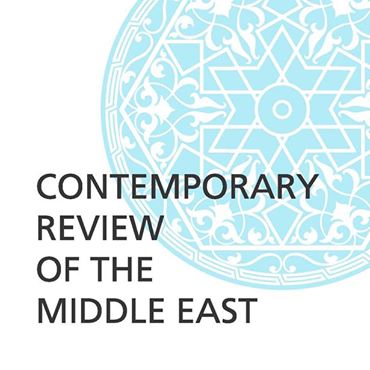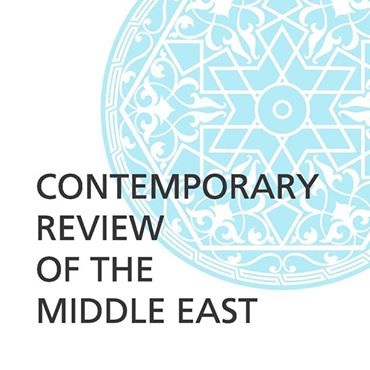Breaking
- MENU
Lorem Ipsum is simply dummy text of the printing and typesetting industry.
https://journals.sagepub.com/doi/full/10.1177/2347798919873218
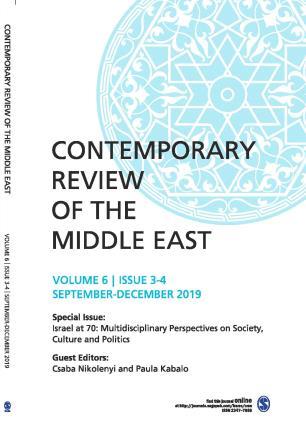
The decision of the Trump administration to withdraw from the Joint Comprehensive Plan of Action (JCPOA)—the carefully crafted July 2015 nuclear deal with Iran—has plunged the Middle East into a deep crisis. President Donald Trump’s May 2018 decision was followed by him imposing a series of unilateral sanctions against Iran. The limited waiver granted to a few countries including India and China were not extended in May 2019, thereby highlighting Washington’s decision to completely stop Tehran from exporting oil, the primary force behind the Iranian economy.
The American move has precipitated a host of minor incidents and clashes in the Persian Gulf and has threatened the freedom of navigation, especially in the Strait of Hormuz through which nearly a fourth of the global oil and gas trade transits. While many states in the region have openly expressed their opposition to war, the presence of a host of non-state actors and factions in some of the states might precipitate a situation into a confrontation. The de-escalation process is key to preventing things from getting out of control. As things stand, there is a lesser political will and inclination on all sides.
The special issue on Israel at 70: Multidisciplinary Perspectives on Society, Culture and Politics was guest-edited by Professor Csaba Nikolenyi and Dr Paula Kabalo and was the outcome of two international conferences jointly organized by the Azrieli Institute of Israel Studies at Concordia University in Montreal, Canada, and the Ben-Gurion Research Institute for the Study of Israel and Zionism at Ben-Gurion University of the Negev in 2017 and 2018. The Contemporary Review of the Middle East (CRME) is proud to associate itself with the growing and distinct works on Israel in the non-traditional research centers and is privileged to use this opportunity to popularize the Israel Studies in the non-Western world.
A sad personal note: Leading Sinologist Professor Irene Eber, who was studying, researching, and writing on China’s intellectual history passed away on 10 April 2019 in Jerusalem after a brief illness. Born in Halle (Germany) in 1929, Professor Eber survived the Holocaust as a child and went to the USA where she found her lifetime passion for China before emigrating to Israel, where she emerged as a critical figure in the nascent East Asia Department at Hebrew University, Jerusalem. A personal friend for over three decades, Professor Eber has been a staunch supporter of the Middle East Institute and served as a member of the editorial board of the CRME. May her soul rest in peace!
See more Web Link
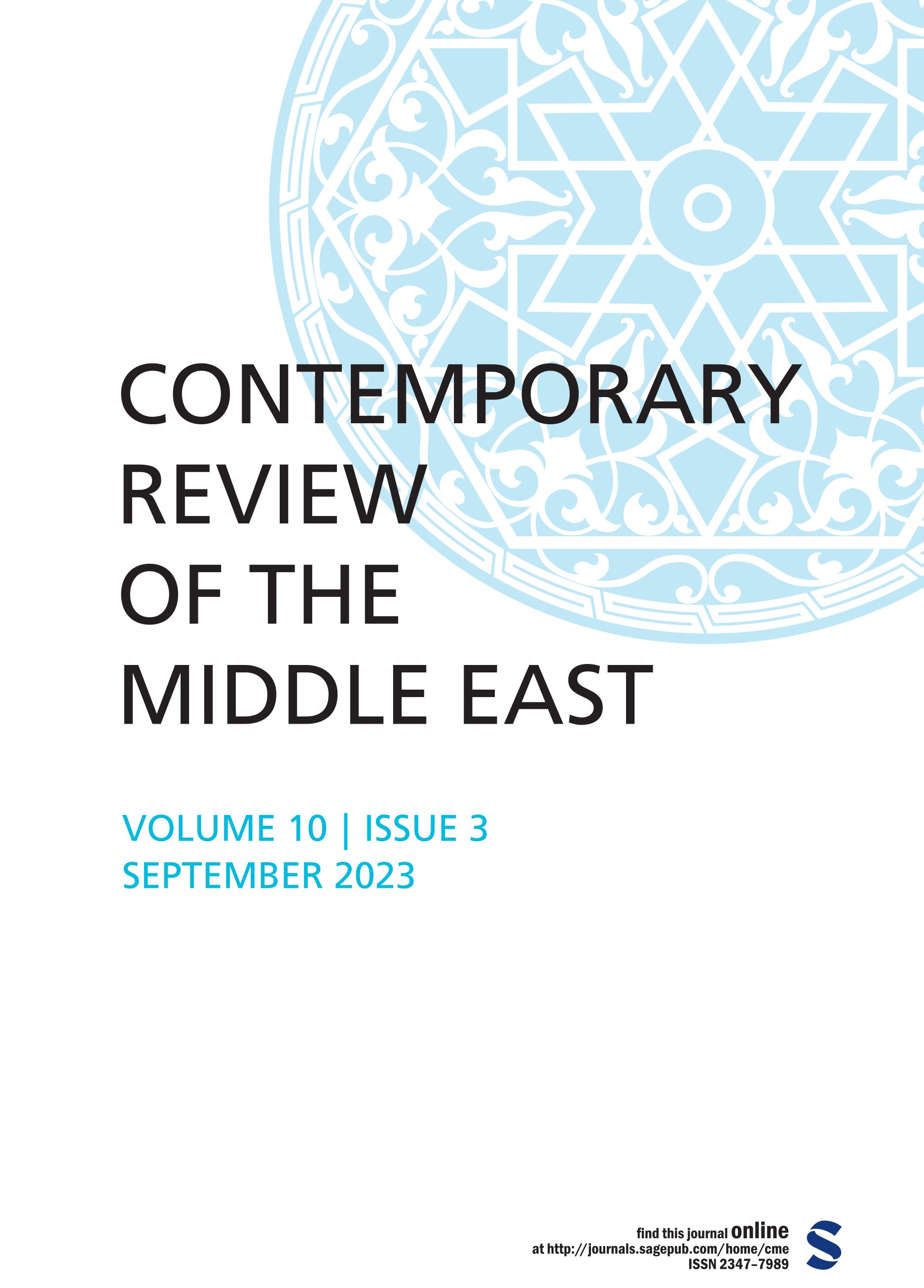
Invented Tradition as a Theoretical Approach Within Iranian Memory Studies: A Review Mohammad
Read More »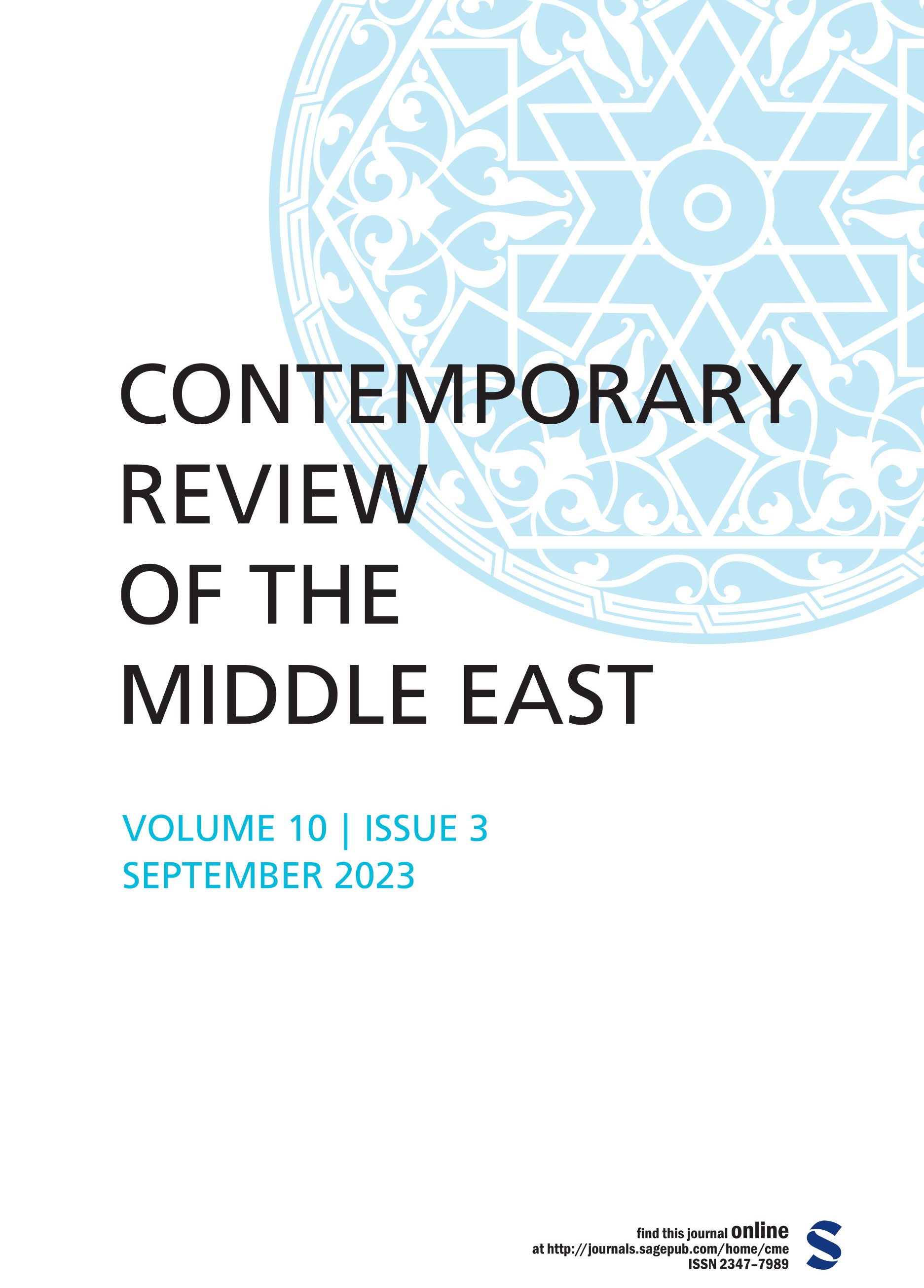
Neo-Ottoman Turk-Scape: Analyzing the Role of Dizis as Türkiye’s Soft Power Mohammad Reyaz and
Read More »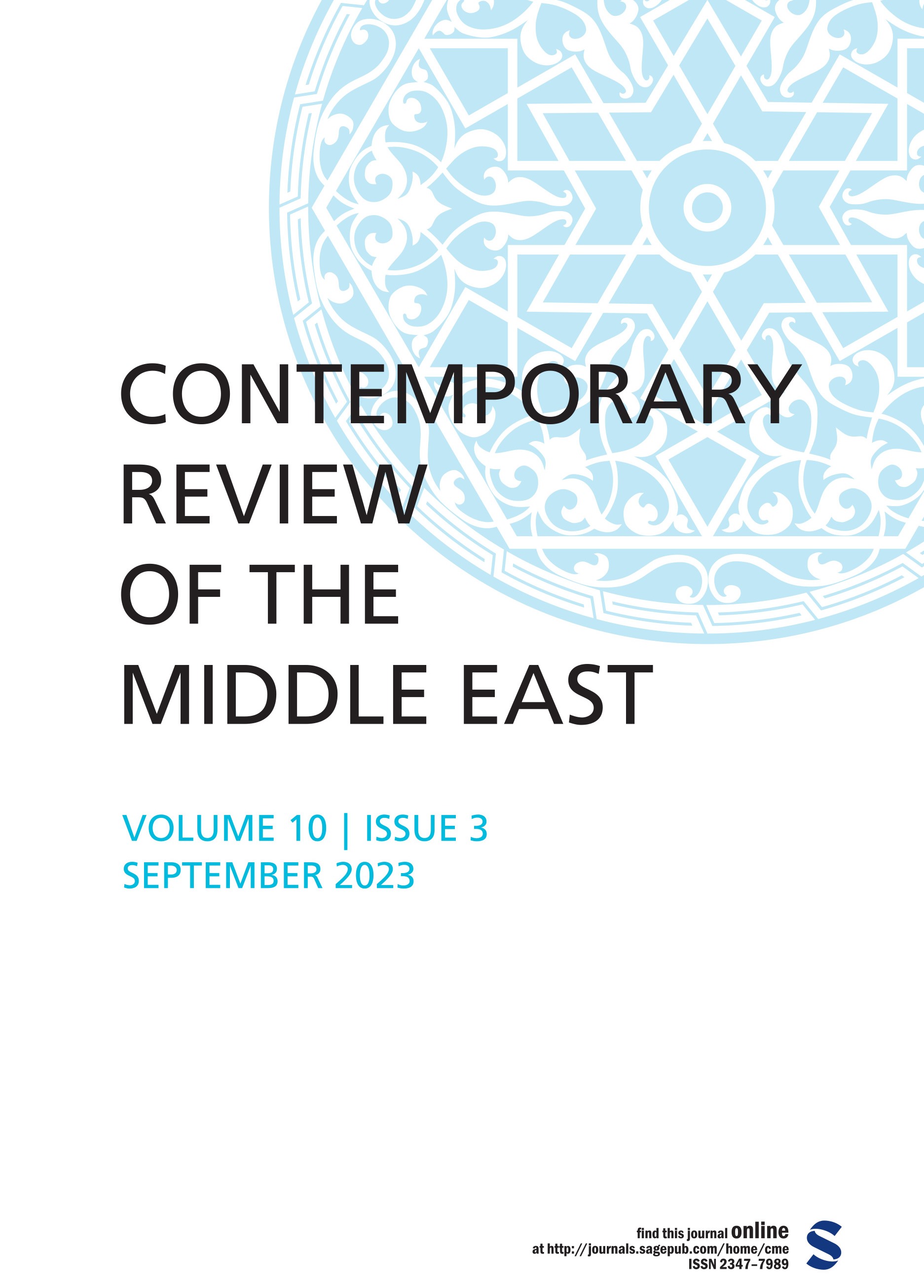
The Relations of Vietnam with the Middle East-North Africa Region: From a Divided State to an Important&
Read More »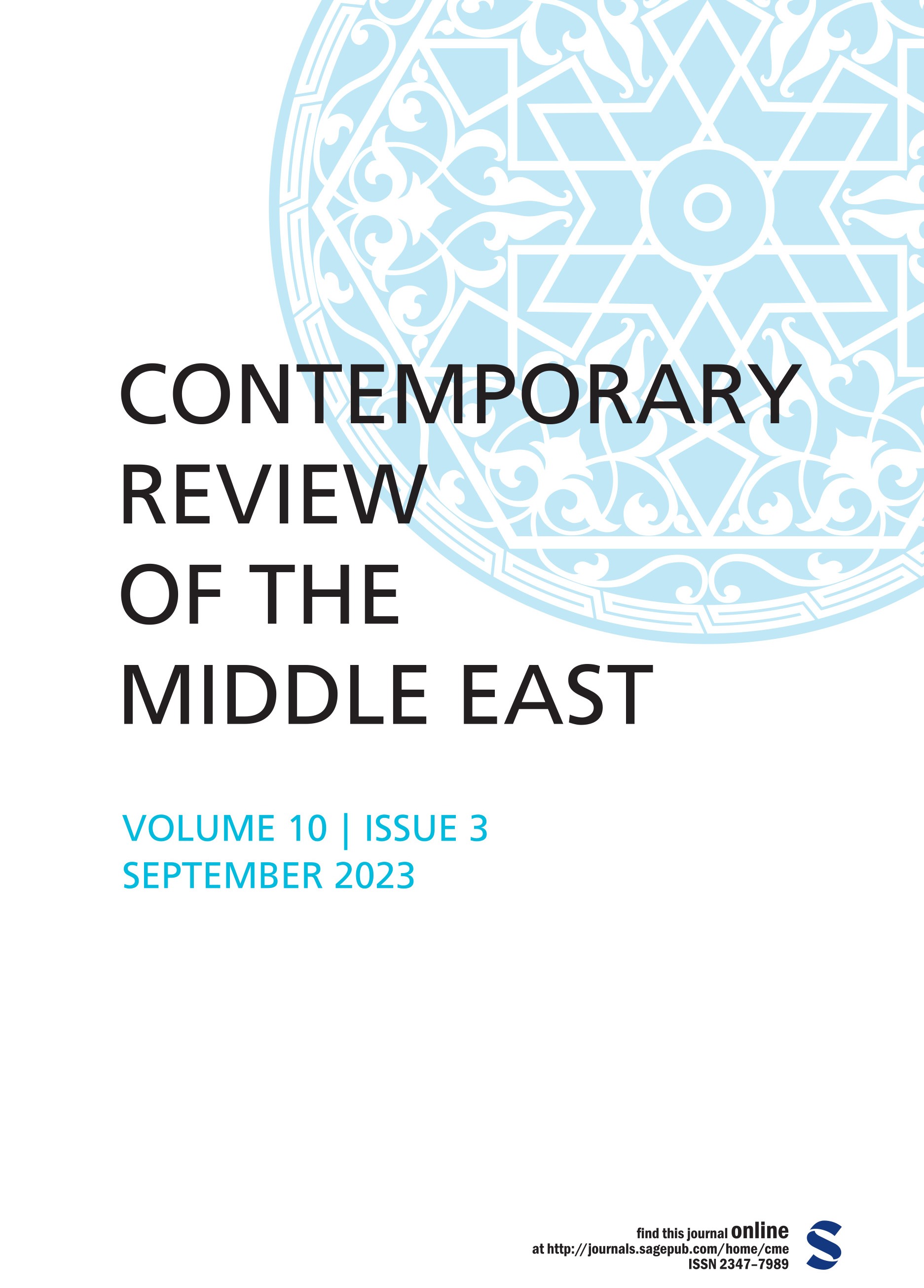
An Analysis of Yemen’s Geostrategic Significance and Saudi-Iranian Competition for Regional Hegemo
Read More »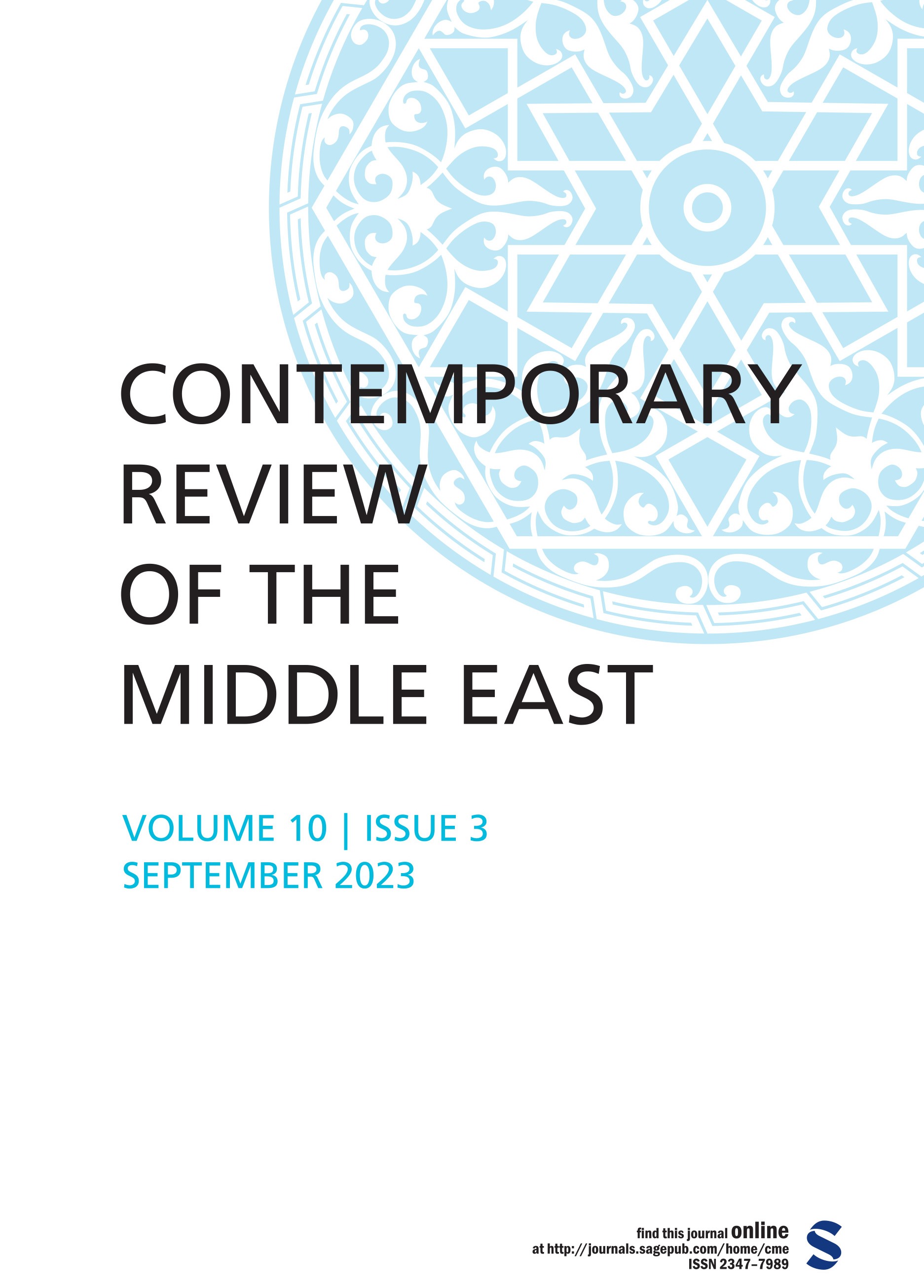
The National Reconciliation Process in Algeria During the Bouteflika’s Era: The Official Narrative Fa
Read More »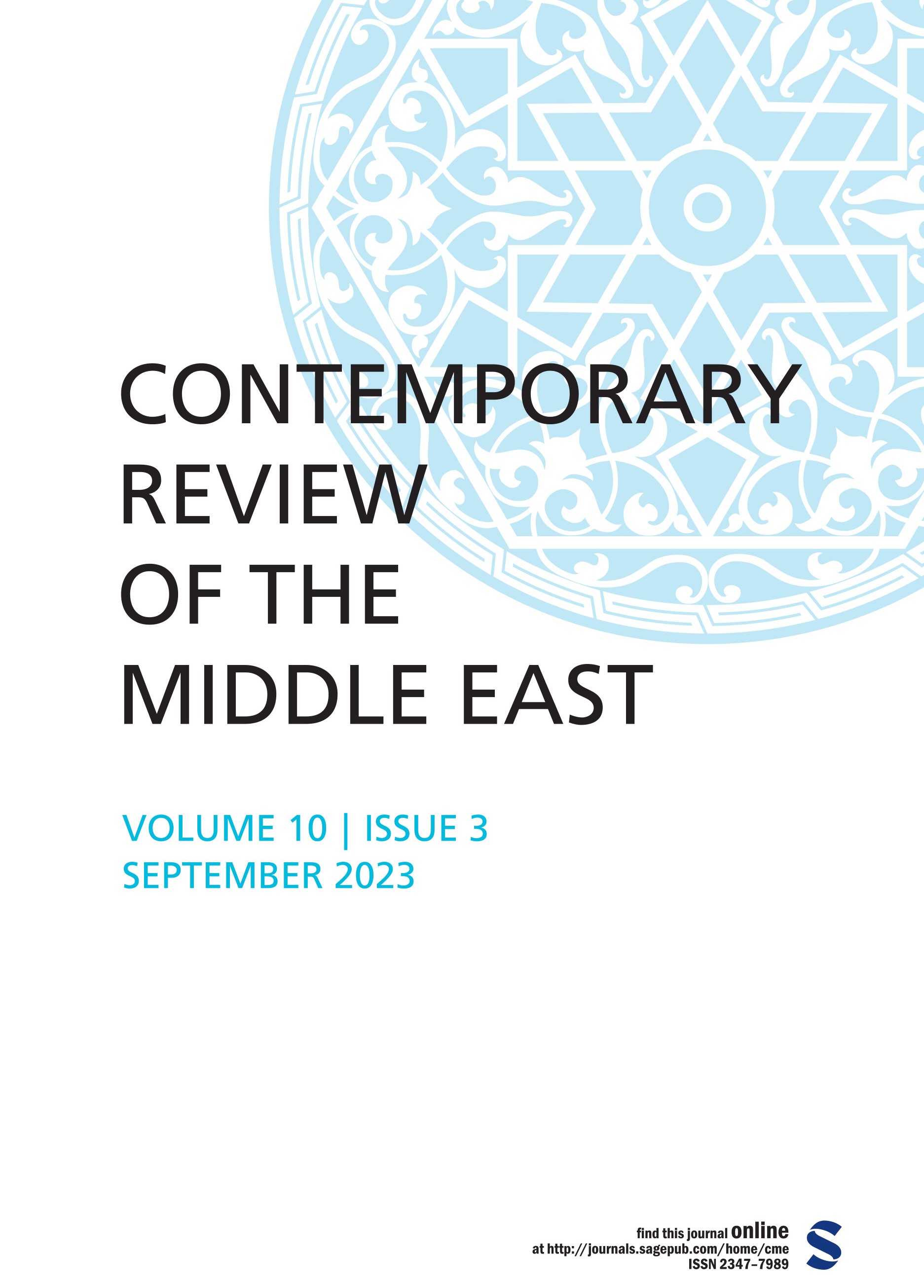
Dateline MEI When Netanyahu Rocks the Israel Boat, Nero Style P. R. Kumaraswamy For the text see: We
Read More ».jpg)
.jpg)
